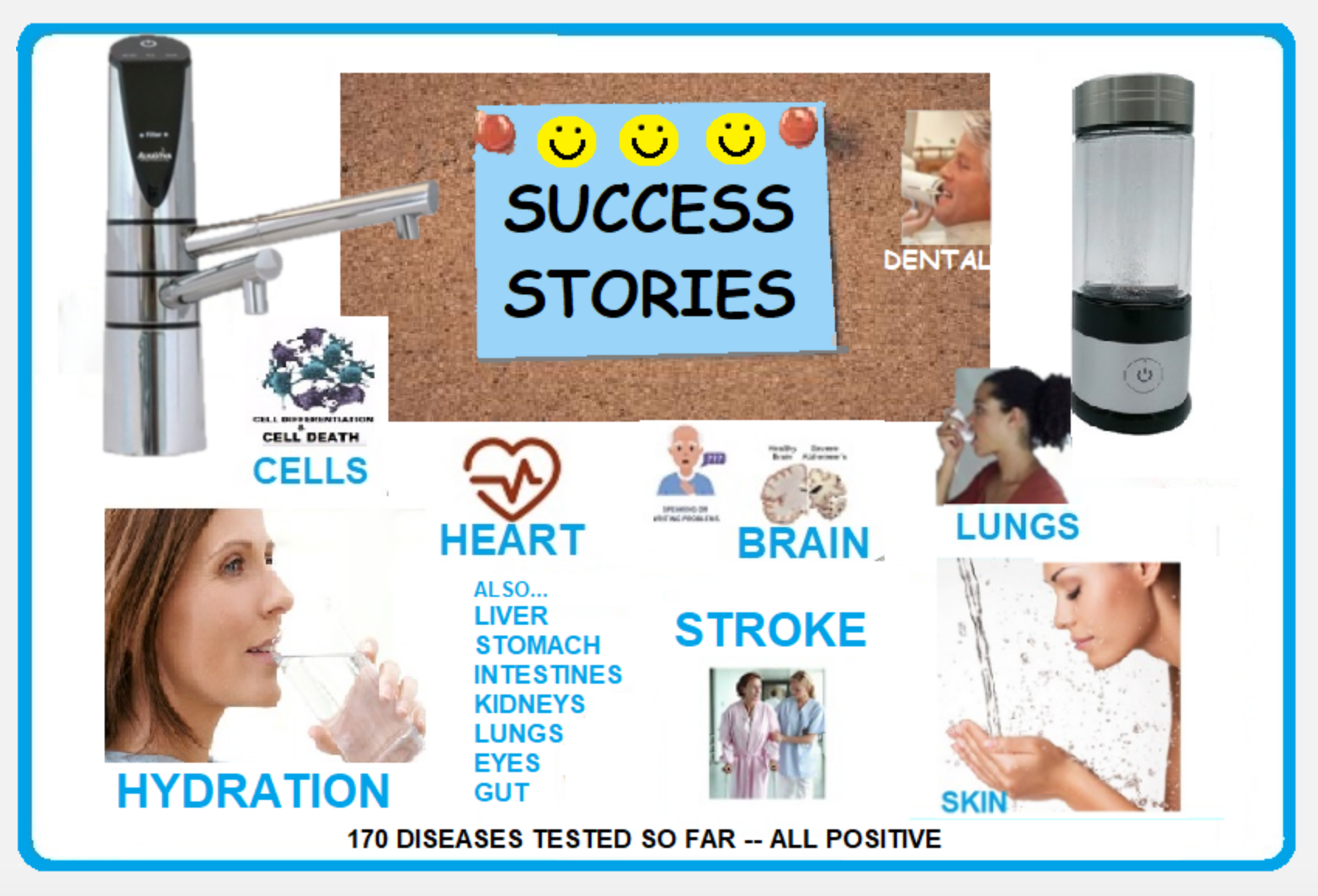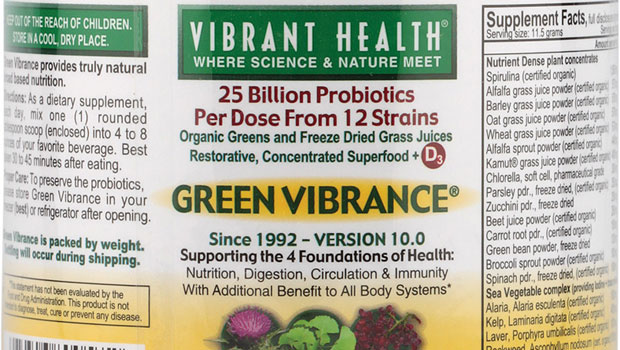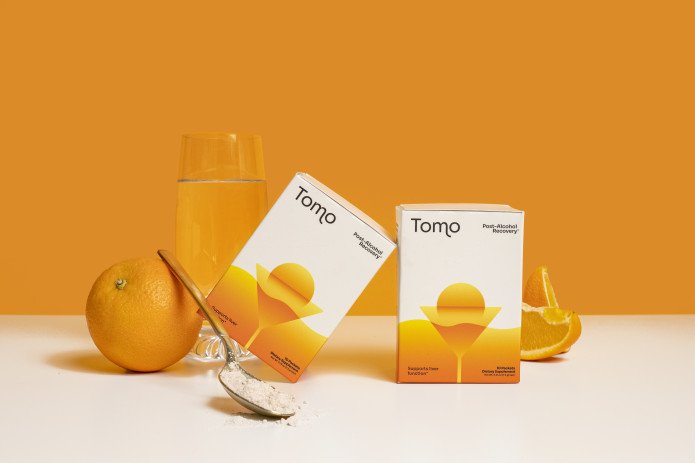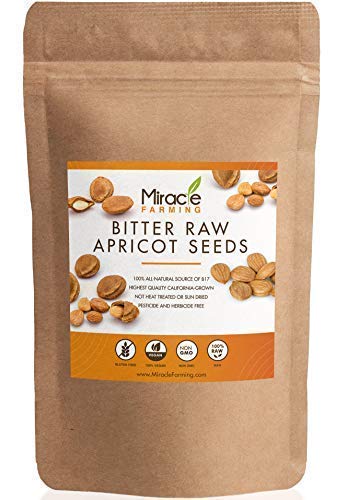
Alkaline Water Plus
Are there really any benefits to drinking alkaline water?
ConsumerLab.com has published results of its quality tests of greens and whole foods powders and pills. Supplements marketed with these terms typically contain chlorophyll-containing leaves, sprouts, algae, vegetables and fruits, herbs, probiotics, and enzymes. They are popular for their nutritional benefits, but should not be used to replace actual fruits and vegetables. In addition to their vitamin content, greens and whole foods supplements often tout their antioxidant or alkalininzing properties, the benefits of which are debated. There is also some concern, according to the report, that probiotics added to these supplements may not necessarily be viable, as they are sensitive to heat, light, and moisture.
Out of the 11 products that ConsumerLab.com tested, 6 were found to be problematic.
Not all health supplements are healthy. Do your research before purchasing.
Our Ad Alerts are not just about false and deceptive marketing issues, but may also be about ads that, although not necessarily deceptive, should be viewed with caution. Ad Alerts can also be about single issues and may not include a comprehensive list of all marketing issues relating to the brand discussed.
Are there really any benefits to drinking alkaline water?
TINA.org breaks down the legal issues of marketing a “hangover supplement.”
How Amazon steers consumers toward unproven and potentially dangerous products containing a fake vitamin called B17.


